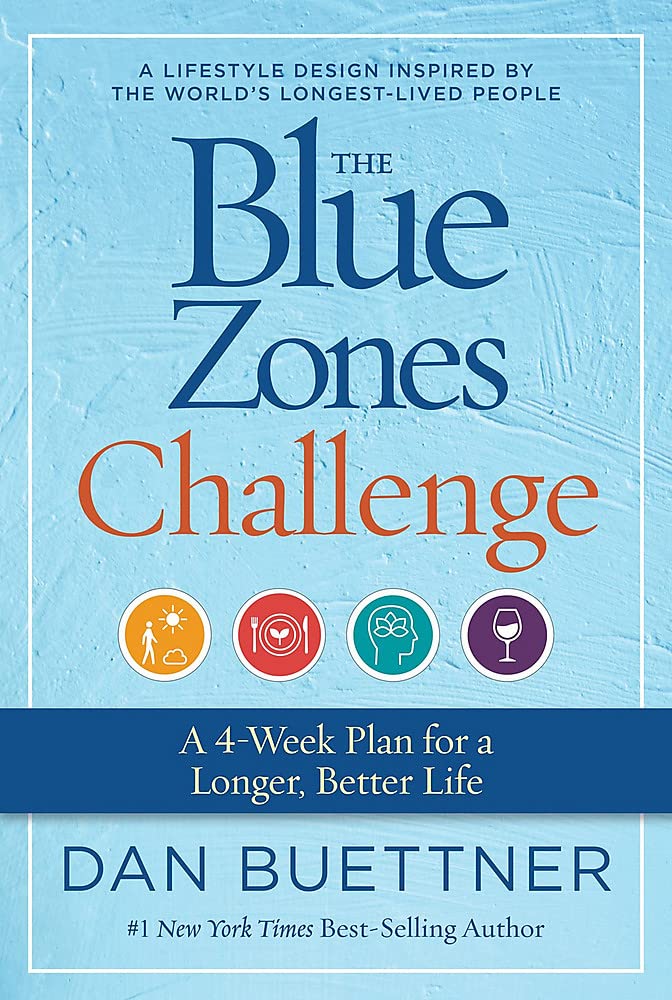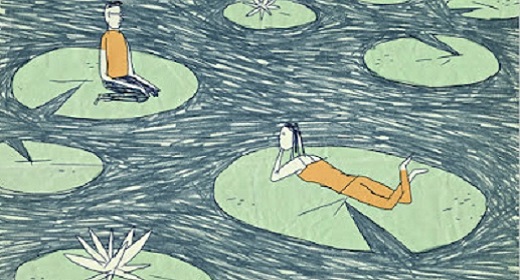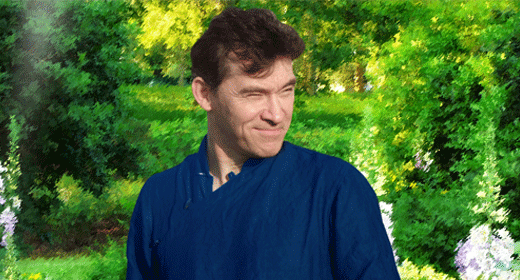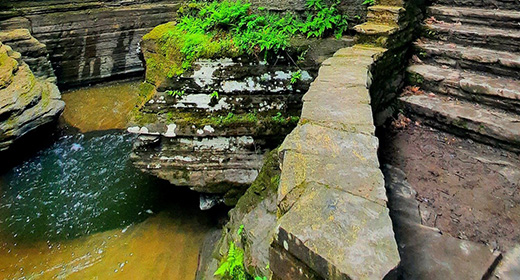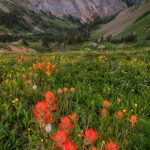by Dan Buettner: The Blue Zones Challenge focuses on setting up your environment to make healthy choices the easiest choices.
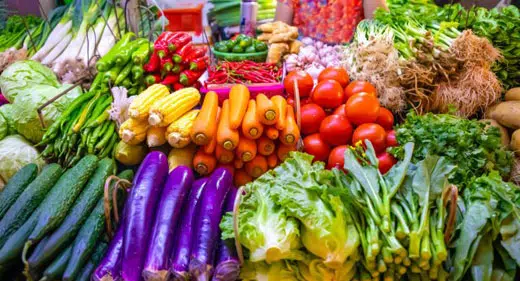
By borrowing lifestyle practices common to blue zones—areas with the longest-lived people in the world—we can optimize the places we live, socialize, and work. Our homes can become mini blue zones, and along with our social network, we can expand the reach and improve the overall health of our immediate circle, including friends and family and even our greater community.
Individual change is hard—willpower runs out quickly. Most New Year’s resolutions last just four to six weeks. In the Blue Zones Challenge, I help you make over your own environment—in your kitchen, in your home, in your yard, in your office, and even in your social circle. Each aspect of the Blue Zones Challenge will help you create a lifestyle that supports longevity and a better quality of life.
1. ENJOY A JAPANESE OR COSTA RICAN BREAKFAST.
Breakfast in the blue zones looks vastly different from the standard American breakfast of eggs and bacon. Beans and rice are a common breakfast staple in Costa Rica, while miso soup and rice are popular in Okinawa. In Loma Linda, centenarians often eat a hearty breakfast of oatmeal or a somewhat nontraditional tofu scramble.
In most blue zones regions, breakfast doesn’t look that different from other meals of the day. Retraining yourself to enjoy soup and bread or even a hearty salad and sandwich in the morning might take some getting used to, but it’s an easy way to simplify your cooking routine while cutting out American breakfast favorites that are most often heavy in fat and sugar. Put together a hearty meal using healthy blue-zones staples such as cooked whole grains, fruits and veggies, and beans.
2. SET UP YOUR HOME FOR BETTER HEALTH BY DESIGN.
Trying to change your behavior without changing your environment will lead to failure. Now is the time to set up your home and your kitchen for success. You will have a much easier time if you don’t have candy on your counter and a pantry filled with chips and soda. We’re not telling you to never have this kind of food, but please don’t bring it into your house.
Prepare to make this transition easy by decluttering your pantry, kitchen, and refrigerator: Physically remove foods that are off-limits or might be too tempting but that your family members don’t want to throw out, such as candies or junk and processed items, and clear your countertops of any kinds of snack foods (that open bag of chips, the box of crackers). Most of us are on a “see-food diet”: We tend to eat what we see. Create an inconvenient junk food cabinet or drawer that is up high or down low.
3. SOCIALIZE MORE.
Americans had an average of three close friends in the 1980s. Today, that number has dropped to between one and two. If you don’t have at least three friends whom you can call up on a bad day, research shows that you could be shaving about eight years off your life expectancy.
Research also shows that happiness is contagious, but so are smoking, obesity, and loneliness. The social circles of long-lived people have favorably shaped their health behaviors. To reap the benefits that blue zones residents experience, reach out more socially and nurture strong friendships. The more you socialize, the happier—and healthier—you’ll be.
To start: Volunteer in your community for a cause that you care about and that speaks to you. If it’s something you do weekly or monthly, hopefully you will see and meet people with like-minded interests.
4. START AN OUTDOOR OR CONTAINER GARDEN.
In all blue zones, people continue to garden even into their 90s and 100s. Gardening is the epitome of a blue zones activity because it’s sort of a nudge: You plant the seeds and you’re going to be nudged in the next three to four months to water the plants, weed them, harvest them. And when you’re done, you’re going to eat an organic vegetable, which you presumably like because you planted it. Plus, you’re moving naturally while you’re outside enjoying the healing power of the sun and nature and fresh air.
Mugwort, ginger, and turmeric are all staples of an Okinawan garden, and all have proven medicinal qualities. By consuming these every day, Okinawans may be protecting themselves against illness.
5. OPTIMIZE YOUR MEALTIMES.
Focus on food. Turn off the TV and the computer. If you’re going to eat, just eat. You’ll eat more slowly, consume less, and savor the food more. Use smaller vessels: Choose to eat on smaller plates and use tall, narrow glasses. Studies show you’re likely to eat significantly less without even thinking about it.
